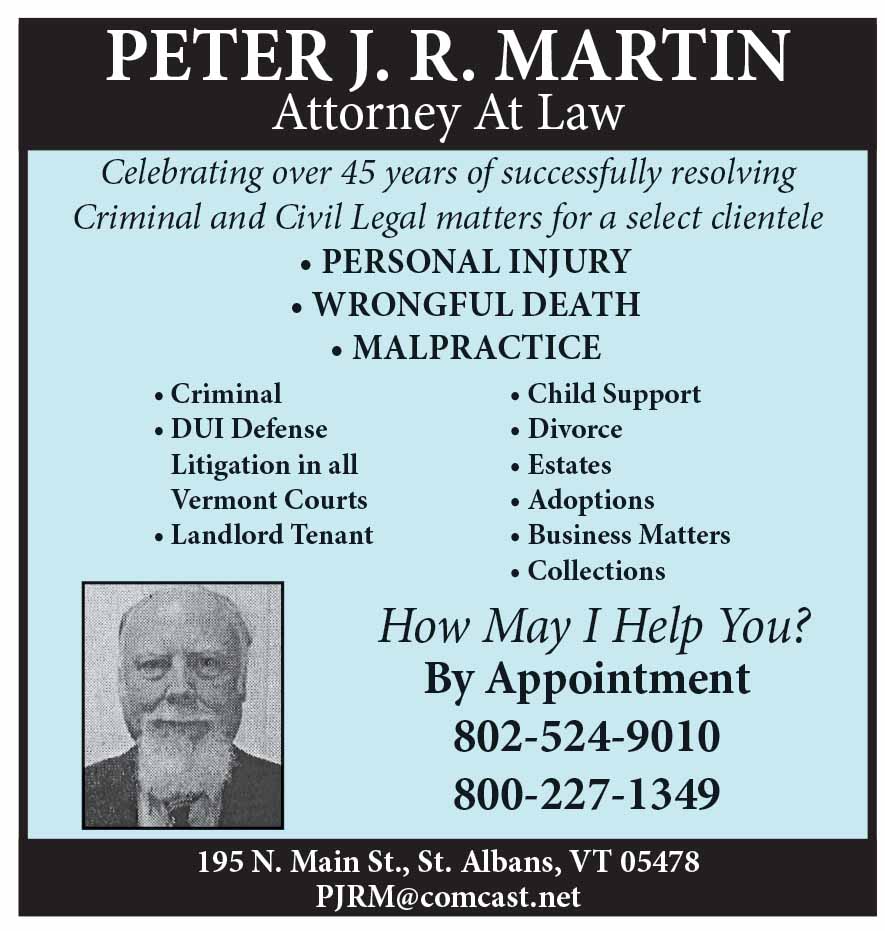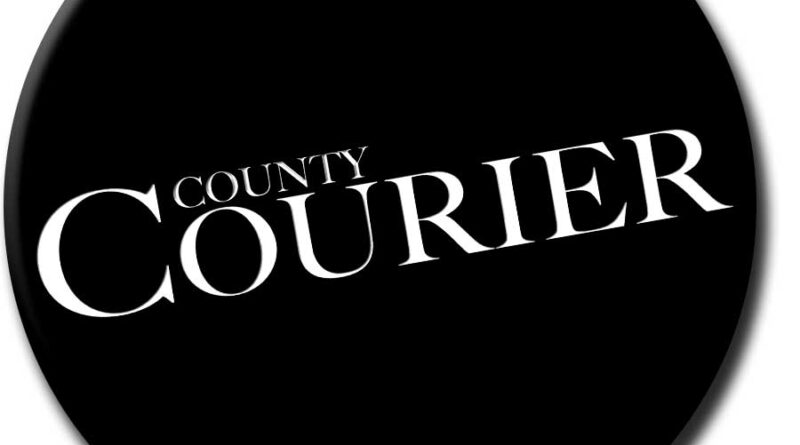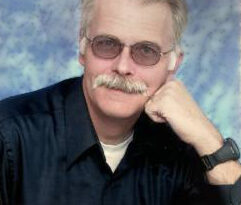SECOND-HOME OWNER OUT TAXED
By Emma Lamberton
ENOSBURG FALLS: When Greg Cunningham bought a vacation home in Enosburg Falls in 1992, he knew he never wanted to leave.
“Vermont was my getaway. A visit filled me with intense joy,” he told Watchdog. Cunningham and his wife fell in love with the quaint, remote town in northern Vermont.
Cunningham, an electrical engineer living in Toronto, grew up north of the Vermont border, in the Canadian province of Quebec.
While out-of-state homeowners often live like tourists, Cunningham and his wife became part of the community. They visited six to seven times a year, for about two weeks each trip.
“We have neighbors who are our friends and we love to chat with. I get my car serviced at a garage in town. We have loyalty to this community,” he said.
However, property taxes are forcing the Cunninghams to sell their St. Albans Steet home, a fact he called “heartbreaking.”
“The taxes have just become so burdensome, almost doubling every seven years,” he said. “It’s become unsustainable.”
According to Cunningham, renovations to the local school made the education tax unbearable. Out-of-state residents pay a rate of $1.50 for every $100 of their assessed property value. That left him paying about $4,000 annually, a sum that, when added to additional monthly taxes, became unaffordable.
“Where we’re from,” he said, referring to Enosburg Falls, “our neighbors are struggling. You’ve got to wonder what it will be like for them a few years down the road.”
(Story continued below ad)

Second-home owners provide outside cash to Vermont communities, which often struggle as closed economies where local money circulates but no new funds are brought in. When they come to visit, they often spend cash freely.
Cunningham said chasing away homeowners is bad for Vermont, and he believes the government’s attitude of expansion is to blame.
“I’ve seen it in Canada. Bureaucrats feed on themselves, and poor schmucks are forced to pay for it.”
Tax rates are generally higher in Canada than in the United States due to the cost of universal health care. Despite higher rates, Canada’s taxable population is rising, which Cunningham said should lead to a lower burden for taxpayers, but doesn’t because the government keeps growing and costing more money. He warned that the same growth in spending is hurting the Green Mountain State.
“It’s sneaking up on Vermont. I hope the sale of my home can be a warning for others.”
The population of Enosburg Falls has declined steadily since the late ’90s, creating a larger burden on remaining residents. The area is rural, with only a few transportation companies to provide jobs in the community. To find work, many residents commute to Burlington.
Cunningham’s home went on the market in October, and he’s had only one showing. This, he says, confirms that the town isn’t attractive to new residents.
“Don’t lie down and take it,” he warns. “We see a lot of this up here [in Canada]. Something simple turns into gigantic bureaucracy. You shouldn’t have to pay for that.”





